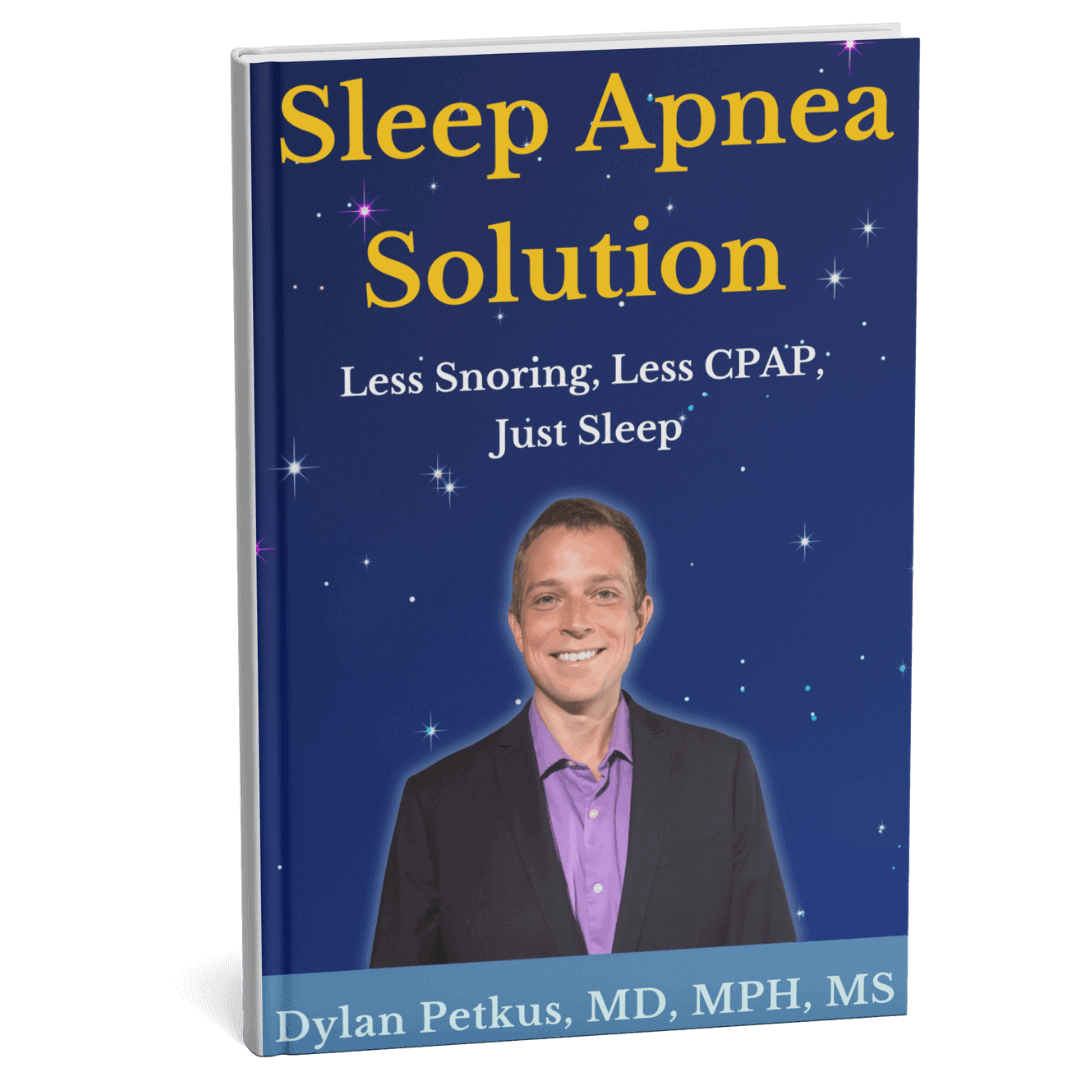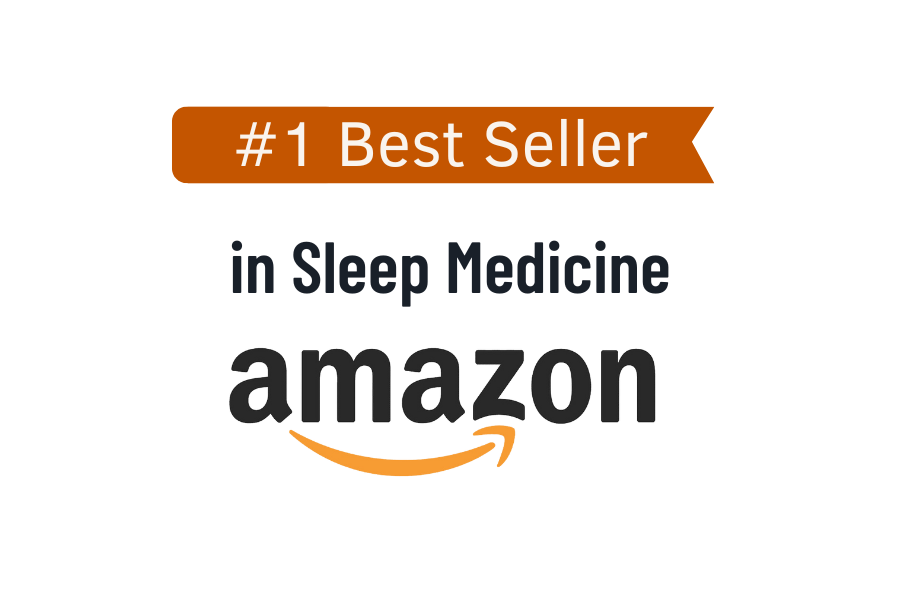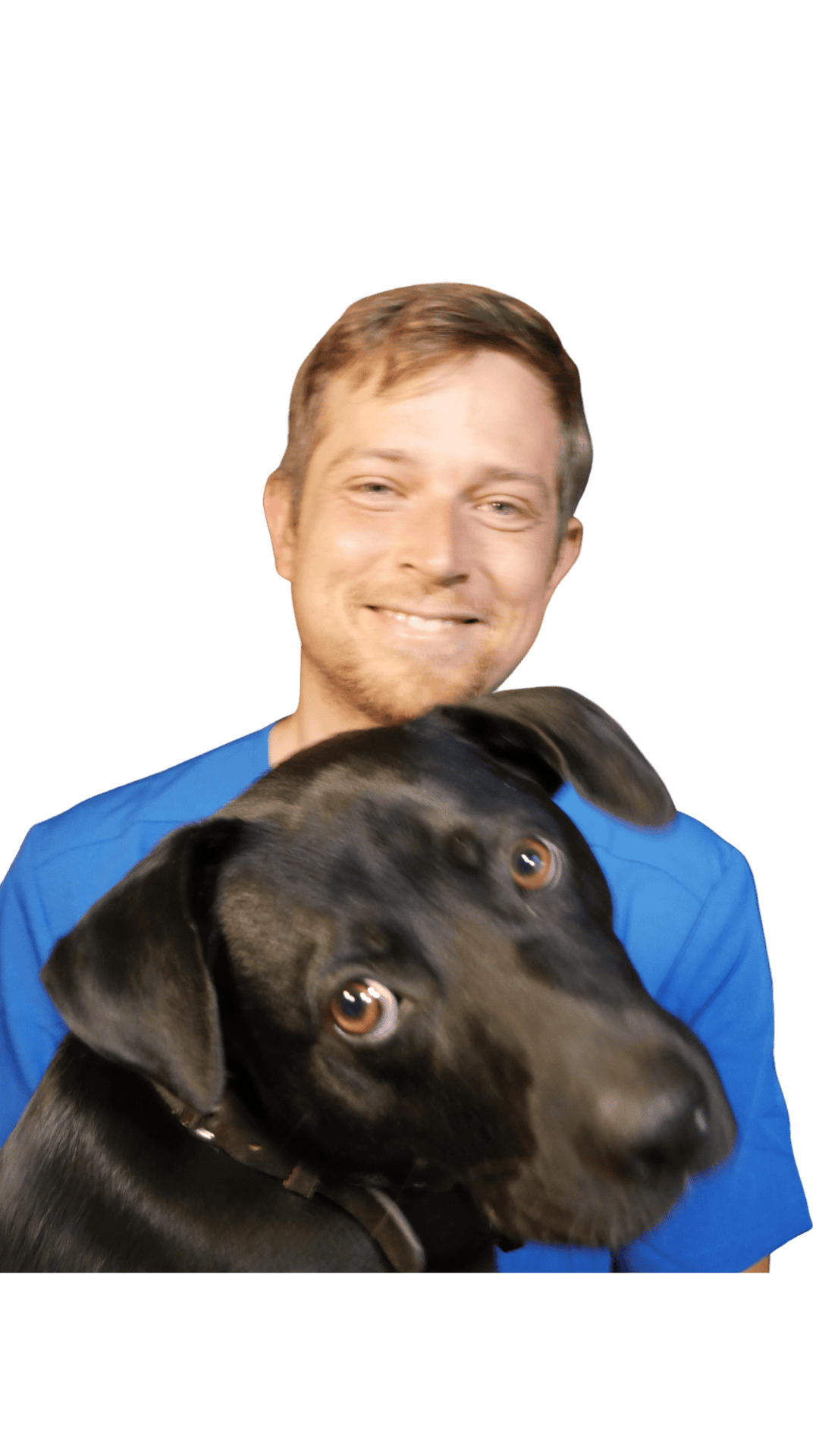
Breathing therapy can help train your lungs to breathe more efficiently, reduce obstructions in your airways, and maintain airflow to give you a smoother, uninterrupted night’s sleep. Natural remedies for snoring and sleep apnea like these can help you sleep through the night and ensure you’re feeling alert and ready for the next day.
Types of Breathing Exercises
There’s no shortage of breathing therapies and exercises to try if you find yourself waking up to your own snores. Box breathing for sleep apnea, for example, is an easy one to fit into your routine. Breathe in for four seconds, hold your breath for four seconds, breathe out for four, and hold it again for another four. It’s as simple as that.
Here are a few other popular breathing exercises used by people who struggle with sleep apnea:
- Diaphragmatic (belly) breathing: Lie on your back and put one hand on your chest with the other on your abdomen. Breathe deeply through your nose and allow your abdomen to rise while keeping your chest still. Then, breathe out slowly through your mouth. This helps strengthen your diaphragm and improve airflow.
- Buteyko breathing: Sit comfortably and take shallow, slow breaths through your nose with your mouth closed. Focus on bringing your breath to a gentle, controlled rhythm. This technique opens up your airways and keeps you from over-breathing.
- 4-7-8 breathing: Breathe in through your nose for four seconds, hold your breath for seven seconds, and then slowly exhale through your mouth for a count of eight. This method helps calm your nerves and promotes deeper, more relaxed breathing.
Practicing breathwork when you’re awake can improve your control over time and has been proven to work for people with asthma, anxiety, and even some cardiovascular issues; it can help with sleep apnea issues, too.
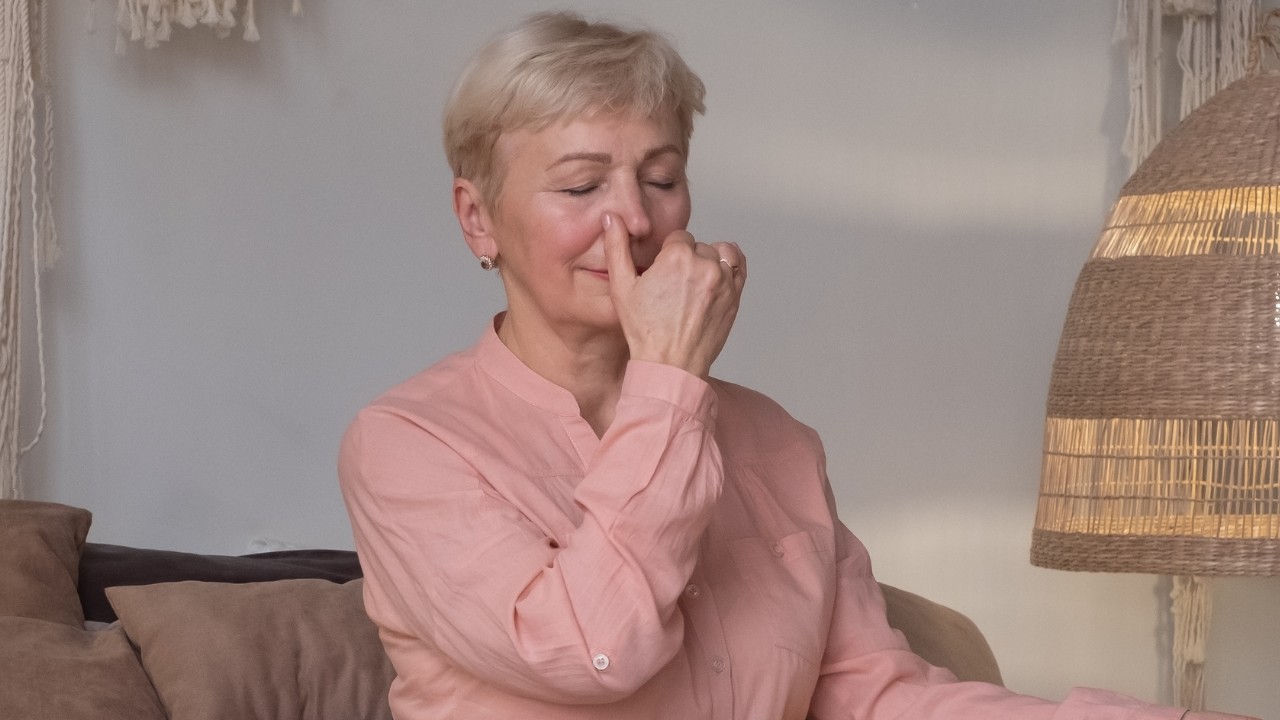
Why Does Breathwork Help?
Sleep apnea not only happens because of a blocked airway–it is also related to how well you can control your breathing. So, if your breathing is off during the day, odds are that it will definitely be off when you lay your head down on the pillow for the night, which can lead to more dreaded sleep apnea episodes.
By regularly practicing breathing exercises, the brain helps you improve your breathing. This process takes some time (usually a few weeks of daily practice), but the payoff is worth it.
Breath-holding exercises also create brief, controlled dips in oxygen levels and can be another approach to addressing sleep apnea. When you combine these short breath holds with relaxed breathing, it trains your brain to stay stable and helps keep your airways open while you rest.
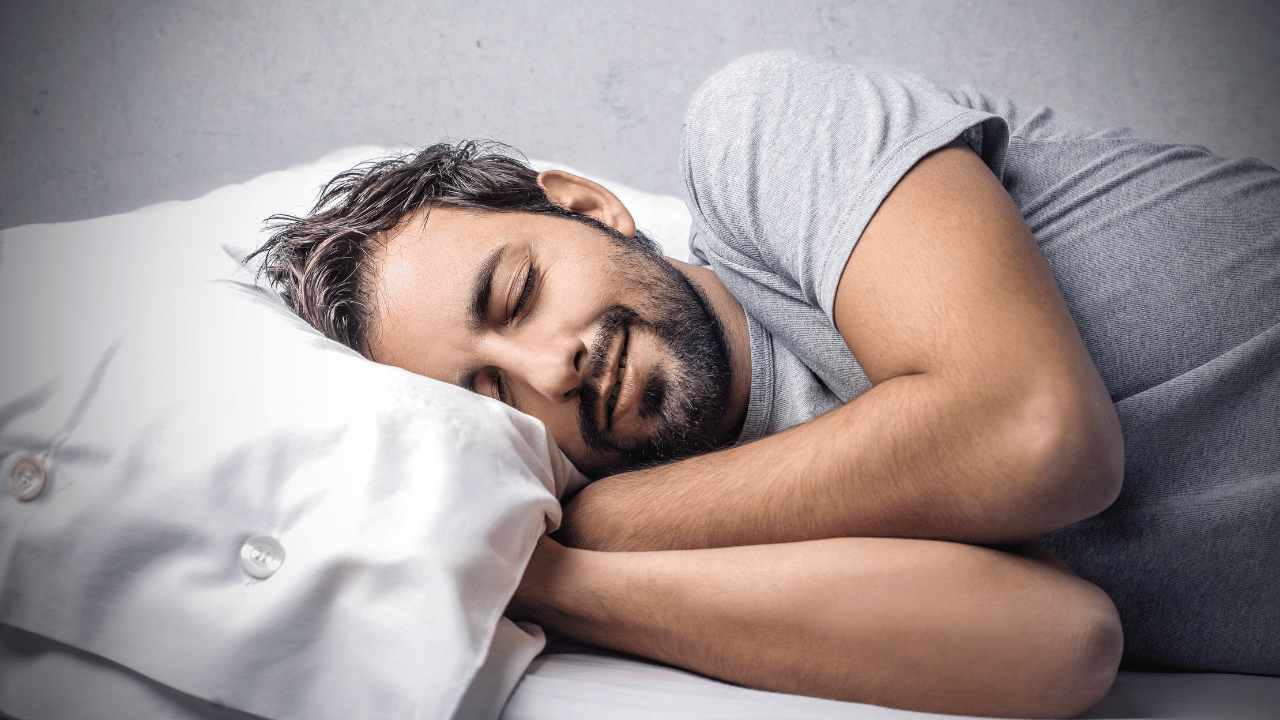
Breathe Easy
Oxygen keeps us alive, so making sure we’re making the most of our breath every day (and night) is incredibly important. While it plays a key component in our approach to overcoming sleep apnea, it’s just one tool to utilize.
Grab a cup of chamomile for sleep apnea before bed to help you feel relaxed. Make some lifestyle changes in your diet and exercise routine. Change up the way you sleep and the environment you’re in. When you add multiple tactics to your sleep apnea regimen, you may find it’s just the ticket to helping you breathe easy at night.
At Optimal Circadian Health, we want you to get the best rest–because you deserve it! Our book, Sleep Apnea Solution, outlines our approach to sleep apnea to help get you back on track to sweet dreams.

